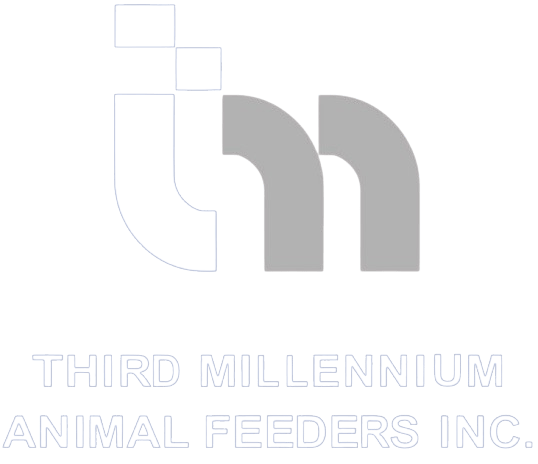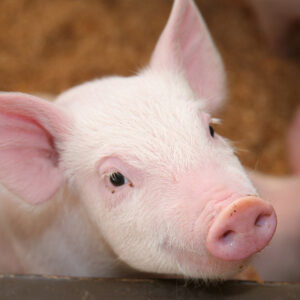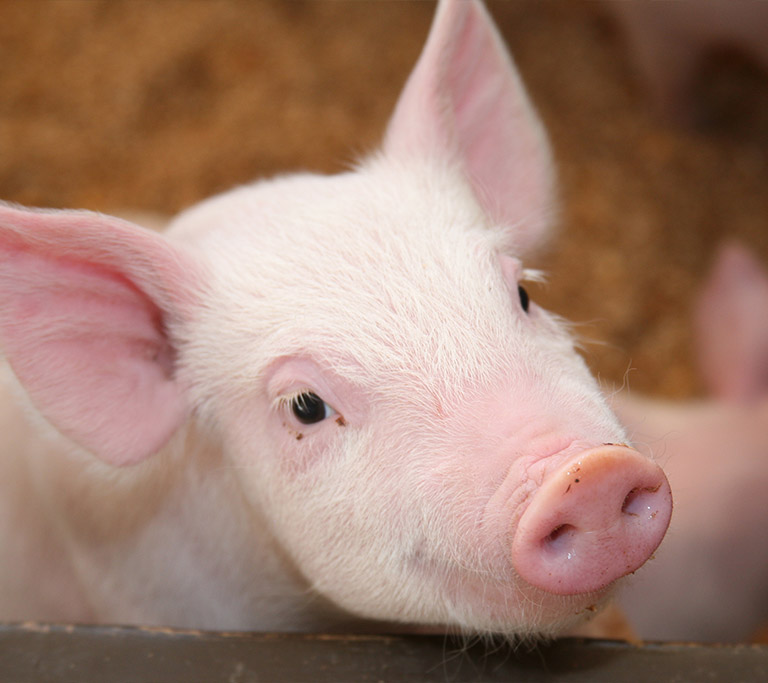


VestAmino® CC60
Choline chloride
Choline chloride is a commonly used feed additive in pig diets. It offers several benefits when included in pig nutrition. Here’s an overview of the benefits of using choline chloride in pig diets:
- Liver health and fat metabolism: Choline chloride is essential for proper liver function in pigs. It is involved in the synthesis and transport of lipids (fats) in the liver, aiding in fat metabolism and preventing the accumulation of fat in the liver. Adequate choline levels in the diet support optimal liver health and function.
- Growth and development: Choline is important for the growth and development of pigs. It is involved in the synthesis of phospholipids, which are essential components of cell membranes. Adequate choline levels in the diet support healthy cellular structure and function, contributing to proper growth and development in pigs.
- Improved carcass quality: Choline chloride has been associated with improved carcass quality in pigs. It can help promote lean muscle deposition, reduce fat accumulation, and improve carcass composition. Supplementing with choline chloride has been shown to positively affect factors such as lean meat percentage, loin eye area, and backfat thickness in pigs.
- Reproductive performance: Choline plays a role in reproductive performance in pigs. It is involved in the synthesis of phospholipids in reproductive organs, supporting the development and function of reproductive tissues. Adequate choline levels in the diet can contribute to improved fertility, litter size, and overall reproductive performance in sows.
- Neural development and function: Choline is essential for neural development and function. It is a precursor for the synthesis of acetylcholine, a neurotransmitter involved in various neurological processes. Adequate choline levels in the diet support proper brain development and function in piglets.
- Stress management: Choline chloride has been associated with stress management in pigs. It plays a role in the synthesis of phospholipids in cell membranes, which helps maintain cell integrity and resilience. Supplementing with choline chloride can potentially mitigate the negative effects of stress on pigs, supporting their overall well-being.
It’s important to note that the inclusion level of choline chloride in pig diets should be based on factors such as the pig’s age, health status, and specific nutritional requirements. Consulting with a swine nutritionist or veterinarian can provide specific guidance on the appropriate use of choline chloride in pig nutrition and ensure optimal benefits. Choline chloride in pig diets supports liver health, fat metabolism, growth and development, improved carcass quality, reproductive performance, neural development and function, and stress management. It is a valuable feed additive that can support overall pig performance and well-being.





